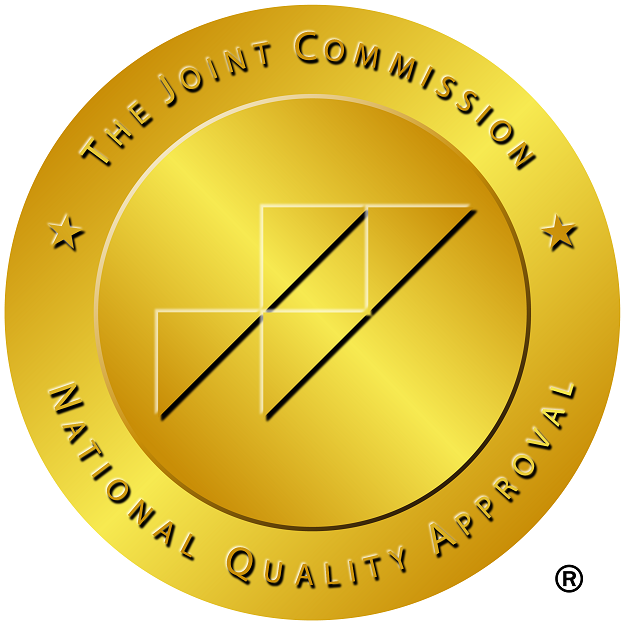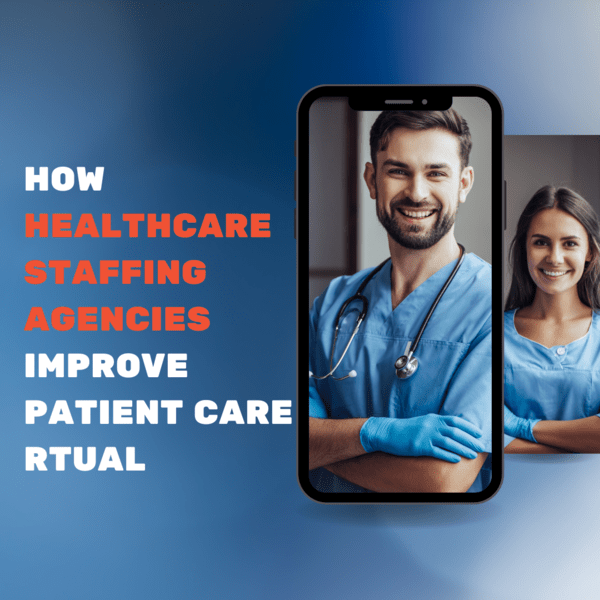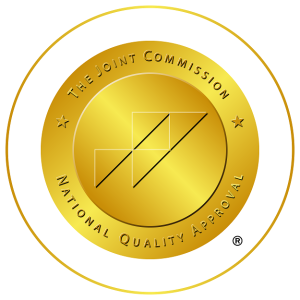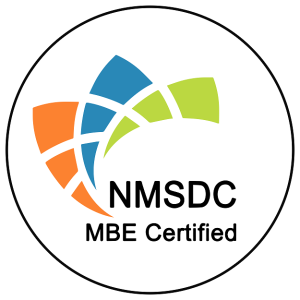The Role of Nurse Practitioners in Modern Healthcare
Advantages, Challenges, and Future Directions:
Advanced practise registered nurses (APRNs), sometimes known as registered nurses (RNs) with additional training and education, include nurse practitioners (NPs).
They are licensed to perform various healthcare services, including sickness diagnosis and treatment, pharmaceutical prescription, ordering and interpreting diagnostic tests, and providing preventative care and health education.
Nurse practitioners are crucial in the healthcare system, particularly in primary care. They can help address the shortage of primary care physicians and improve access to care for underserved populations.
They work in several settings, such as hospitals, clinics, private practices, and community health centers.
One of the critical advantages of nurse practitioners is their holistic approach to patient care. They focus on the physical symptoms of an illness and the patient’s emotional and social well-being.
Nurses spend more time with patients compared to other healthcare providers.
allowing them to develop strong relationships with their patients and gain a deep understanding of their health needs.
Another advantage of nurse practitioners is their ability to provide cost-effective care.
Nurse practitioners can provide similar services as doctors, at a lower cost, lowering expenses for patients and insurers.
To become a nurse practitioner, individuals must first acquire a Bachelor of Science in Nursing (BSN) degree and become licensed as a registered nurse (RN).
Nurses need to finish a postgraduate nursing degree that involves studying advanced pharmacology, pathophysiology, and health assessment.
They must also complete a certain number of clinical hours under the supervision of a licensed nurse practitioner or physician.
Becoming a nurse practitioner is an attractive career choice for individuals who wish to apply their skills comprehensively. Patricia Maybe, who chose to become an NP thirty years ago, wanted to exercise autonomy and aid in disease prevention. For some nurses, becoming an NP is a way to prevent burnout by working in healthcare differently. There are various career opportunities for those considering becoming an NP or those interested in transitioning their NP skills to a new environment. This article examines the roles, work settings, and significance of NPs in the US healthcare system.
Here are nine things to know about nurse practitioners:
- Expert clinicians with advanced training are Nurse Practitioners (NPs) who provide primary, acute, and specialty healthcare. They focus on disease prevention and health management, providing patient-centered healthcare that is both high-quality and cost-effective. All NPs hold master’s degrees, while some have doctorate degrees, advanced education, and clinical training.
- In all 50 states and the District of Columbia, (NPs) are licensed to prescribe medication. Over 355,000 licensed NPs practice in the United States, 7 out of 10 providing primary care services to their patients.
- Nurse practitioners (NPs) have the flexibility to practice in different environments, including rural, urban, and suburban communities. They can work in various healthcare settings, such as clinics, hospitals, emergency rooms, urgent care facilities, walk-in clinics, schools, military or VA clinics, private practices run by physicians or NPs, nursing homes, colleges, home health, and public health departments. Theresa Campo from AANP says NPs can provide care wherever patients need it.
- Nurse practitioners (NPs) have a broad range of specialty options. Theresa Campo, the Vice President of Education and Accreditation at the American Association of Nurse Practitioners (AANP), cites examples such as working as a hospitalist, intensivist, collaborating with specialty groups like cardiology, gastroenterology, endocrinology, emergency trauma, women’s health, or critical care intensive.
- Nurse practitioners (NPs) can pursue nontraditional or nonclinical careers that align with their skills and expertise. These career paths include academia, consulting for universities in the US or abroad, advising new healthcare practices, teaching continuing education, working in public health departments, leveraging health advocacy knowledge in political roles, and other similar opportunities. For example, Theresa Campo mentions a colleague who is an experienced and successful urgent care NP. She now provides consulting services to assist others in establishing their critical care practices.
- Nurse practitioners (NPs) can apply their skills in areas that require high-quality healthcare services. There are various opportunities to work with Tribal Healthcare or Native American communities and in other underserved rural and metropolitan regions. For example, Maybee worked as a locum in the Navajo Nation and shared that the experience was exceptional. She describes the Navajo’s strong family structure, caring for each other, and incorporating culture and language into their family life, which made it a wonderful experience.
- Nurse practitioners have the opportunity to work both nationally and globally. For example, Maybee resided in New Zealand for three years, serving as a nurse practitioner in student health and teaching in the graduate NP program at the University of Otago. Reflecting on her time there, she described it as a fantastic experience and one of the highlights of her career.
- Nurse practitioners have different practice arrangements, some working under physician supervision, while others have independent practice authority depending on the state. The American Association of Nurse Practitioners (AAANP) supports adopting full practice authority for NPs. According to Campo, the organization’s spokesperson, states implementing this policy have demonstrated better healthcare outcomes and higher ratings than those without it.
- Locum tenens NPs are in high demand due to the overall demand for NPs across the country. This creates several advantages for NPs seeking temporary or long-term career opportunities or simply seeking more flexibility. For instance, NP Michelle Rensel started working as a locum tenens NP when her spouse relocated to another country. She has continued in this role for over three years, citing the flexibility and the chance to explore different locations for her enjoyment. According to Rensel, locum tenens work can provide valuable insights into potential career paths and preferred work settings.
In conclusion, nurse practitioners are essential to the healthcare system, providing services that improve patient outcomes and reduce healthcare costs.
Nurse practitioners are becoming more crucial in providing primary care services due to increasing demand.
Nurse practitioners prioritize holistic patient care and emphasize promoting health and wellness.
Their advanced training in nursing and medicine allows them to provide comprehensive care that meets the needs of patients and communities.
They are often involved in developing and implementing evidence-based practices that improve health outcomes and reduce healthcare disparities.
Despite the many advantages of nurse practitioners, challenges remain to be addressed. One of the hugest hurdles is ensuring that nurse practitioners have full practice authority, giving them a chance to develop to the full extent of their education and training. While many states have granted full practice authority, others have not, leading to nationwide variations in the scope of practice for nurse practitioners.
Another challenge is ensuring nurse practitioners are effectively integrated into the healthcare system. This includes addressing barriers to practice, such as restrictive laws and regulations, and promoting collaboration and communication between nurse practitioners and other healthcare providers.
Overall, nurse practitioners are critical to the delivery of high-quality, patient-centered care.
They are well-positioned to meet the evolving healthcare needs of patients and communities and to help address the healthcare system’s challenges today.
As the healthcare industry grows, nurse practitioners will undoubtedly play a central role in promoting health and wellness for all.
















